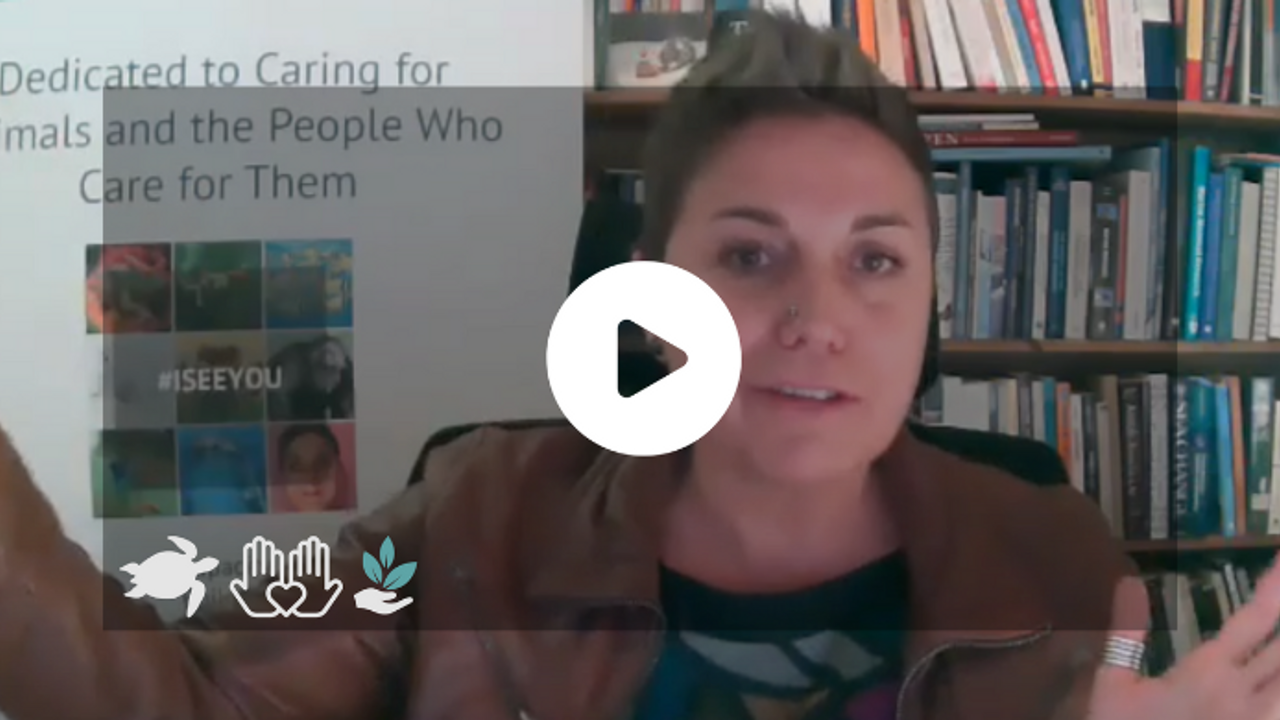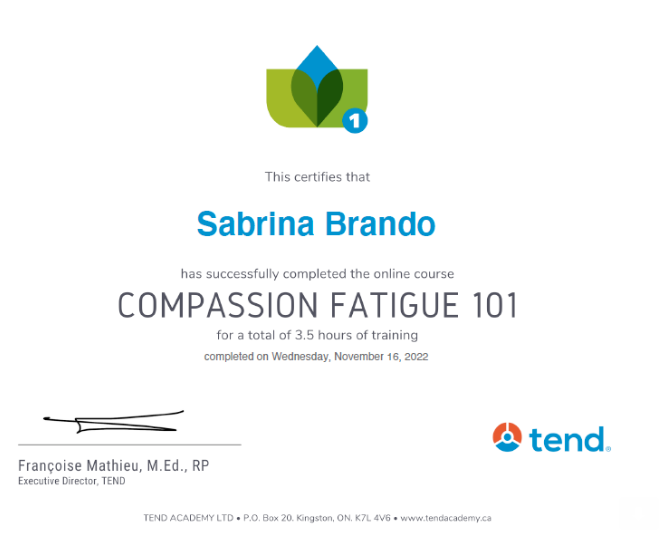Behaviour, animal training and human wellbeing- Science into Practice #124 Training as enrichment: a critical review

Watch and listen to a zoo-focused virtual behavior chat hosted by Dr. Eduardo (Eddie) J Fernandez (Florida Tech; University of Adelaide), with Sabrina Brando (AnimalConcepts), Dr. Elizabeth (Betsy) Herrelko (Smithsonian's National Zoo), Nicholas (Nic) Bishop (Adelaide Zoo). It was recorded on February 26th, 2021. In this chat, we cover many topics related to the science and practice of animal training, enrichment, and general welfare of zoo animals. Some specifics include increasing and examining optimal animal-visitor interactions, training as both a means to increase husbandry/veterinary procedures as well as a form of enrichment, how we incorporate both research and practice into proper zoo animal welfare, and lots of responses to attendee questions/comments. On the YouTube page, you also find a lot of references! You can access by clicking HERE

Ongoing learning and sharing is at the core of AnimalConcepts philosophy and to continue serving our community in the human wellbeing sp...
Science into Practice #123 Animal training, environmental enrichment, and animal welfare: a history of behaviour analysis in zoos

There have been many advancements in zoo animal welfare and management that are present in modern, accredited zoos. These have been shaped by two major behavioural welfare advances: (a) the use of training to increase voluntary husbandry care, and (b) the implementation of environmental enrichment to promote naturalistic behaviours. Both practices have their roots in behaviour analysis, or the operant conditioning-centered, reward-based approach. The authors present key individuals and events that formed two of the advancements of the modern zoo: (1) the emergence of reward-based husbandry training practices, and (2) the engineering of environmental enrichment. This paper suggests ways in which behaviour analysis can continue to advance zoo welfare.
Links to some practical examples


Science into Practice #122 Animal learning and training implications for animal welfare

Animal welfare is an ever-evolving field that practitioners keep in mind when implementing training and management practices. With this evolution, our understanding of the learning process can help provide an overall positive environment for the animals we care for. With good human-animal relationships, caregivers have the power to assess behaviour to inform how to alter practices, in order to address, prevent and treat behavioural differences seen in human care. Practitioners must remember that animals are always learning from their environment. It is crucial to understand the roles animal behaviour and learning play in animal welfare to provide them the best care.
Links to some practical examples


Science into Practice #121 The effect of handling methods on cortisol levels in harbour porpoises

There is an increasing concern for improving the well-being of marine mammals held in human care for research, display, and rehabilitation. Therefore, more effort is progressively put into assessing animal stress. The ability to measure stress is indeed necessary for identifying the least stressful methods for capturing and handling marine mammals. Circulating cortisol levels are accepted as a sensitive indicator of acute stress in marine mammals, particularly in relation to capture and handling. This study presents the first long-term monitoring of cortisol levels in four harbour porpoises (an adult male, an adult female and two juvenile females) held in human care.
Links to some practical examples


Science into Practice #120 The ethics of animal training procedures

While science and ethics are separate philosophical approaches, they are not mutually exclusive - ethics can and should drive science and vice versa. In other words, scientists and animal care practitioners should be involved in making ethical decisions and the ethics can be supported and facilitated by scientific observations and data. Animal training ethics are guided by a number of principles, such as any existing legislation surrounding the use of animals, training guidelines, and the opinions and experience of animal trainers. It is important that these guidelines are adaptable and flexible; as more data is collected through practice, animal welfare scientists and practitioners can continuously seek various methods of improving the living conditions of animals living in and out of human care.
Links to some practical examples
Ep83 William Winhall on marine mammal training, importance of collaboration and community communication

“Changes in how we react with animals… it’s not all about food. The animals are going to get their food anyway, there is so much more to the relationship” - Sabrina 2022
“It’s important that we’re doing research to help animals that are in the wild. I believe a big reason that we have these animals is not for money or entertainment, but it's for education, conservation and research…” - William Winhall
Today we welcome William (Bill) Winhall, the Manager/Principal Consultant at Marine Mammal Care Consulting LLC and who has a very long career in marine mammal care and welfare.
Bill tells us that although he has always had an interest in nature, his first ambitions lay with becoming a professional baseball player. However, due to injuries, he decided to study for a degree in Biological Sciences (Marine). Bill then told us of his career ladder, starting as a Tour Boat Operator at Marine World/Africa USA.
Bill then shares with us how marine mammal training has changed and the importance...
Ep60 Gordon Bauer on care, training, research, and conservation of manatees and other animals, as well as interspecies play between a manatee and a turtle

Today on iBuzz we welcome Dr Gordon Bauer, Professor Emeritus of Psychology at New College of Florida. Gordon has investigated animal senses, cognition and behaviour in a wide variety of species such as manatees, bottlenose dolphins, humpback whales and sea turtles.
Gordon opens with one of his first interactions with humpback whales and explains how he became interested in studying animals at a young age with frequent trips to his local zoo. He reflects on how he explored a number of possible career paths before returning to work with animals at the age of 30, a decade after graduating from his B.A. in Psychology.
He describes his work at the University of Hawaii, working in dolphin communication and cognition. He talks about how collaboration with researchers from other fields allowed him to pursue biomagnetism in species including bottlenose dolphins, porpoises and humpback whales. This culminated in his first published article, kickstarting his ongoing and influential career in c...
Private formula for training animals by Martina Schiestl

Over the years of working with animals, I was often asked, what my private formula for training animals was. It has been very difficult, to put it into words, but I came up with five concepts, which are the basis for all my interactions with animals. Plus, they do come in handy around humans too.
Patience
I learned to be the most patient person when working with an animal. I give them the time they need to react and understand what I am asking of them. Sometimes, I might also have to change my approach, because I might have done something leading to the opposite of what I was hoping for. From time to time it is also good to remember, to treat humans with as much patience, as I treat animals.
Body language
There are many things about my body language that can influence my interaction with an animal. One very important part of establishing a positive relationship is to be fully aware, of the way I move, my posture, my voice, and my facial expressions. During every interaction with a...



